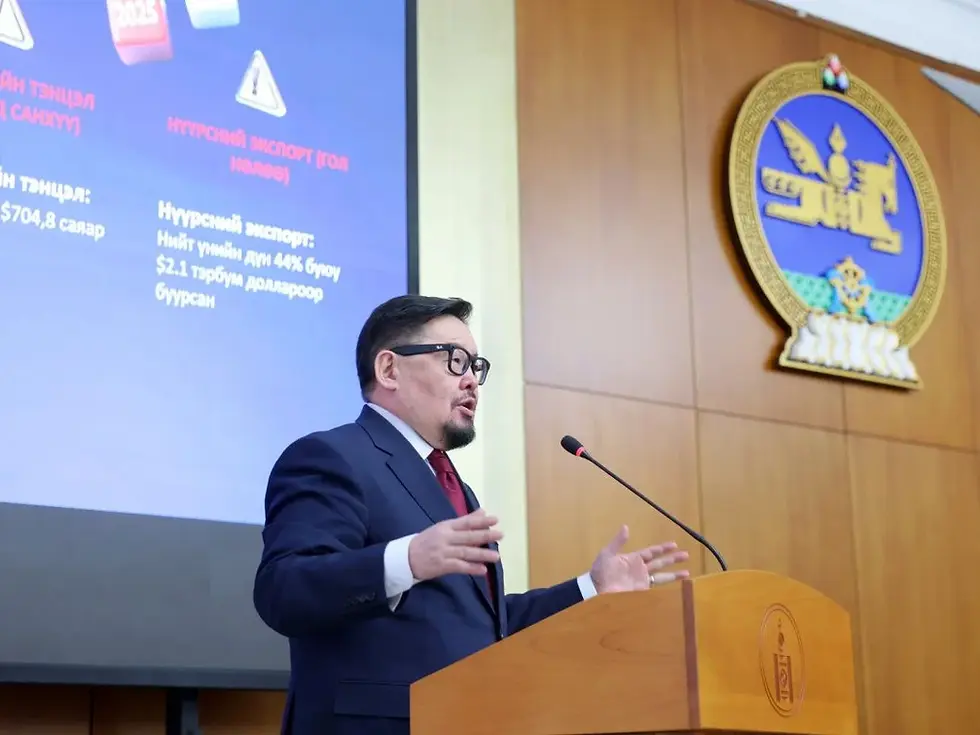Mongolia’s services, cashmere and agricultural sectors show strong promise for investors
- Mongolia Weekly

- Sep 14, 2020
- 2 min read

2020 MONGOLIA INVESTMENT CLIMATE STATEMENT
source: U. S. Embassy Ulaanbaatar
Executive Summary
Mongolia’s frontier market and vast mineral reserves represent potentially lucrative opportunities for investors, but a high-risk macroeconomic environment and lack of input from stakeholders during rulemaking warrant caution. Mongolia’s economic model of exporting minerals and importing most other goods means the government imposes few market-access barriers. Investors also face few investment restrictions in Mongolia, enjoying mostly unfettered access to the market.
Franchises such as gyms, fast food, and convenience stores have outperformed expectations, suggesting investors can bring successful international business models to Mongolia’s services sector. Mongolia’s cashmere and agricultural sectors also show strong promise. However, investing into politically sensitive sectors of the Mongolian economy – such as mining – carries higher risk.
A COVID-19-related ban on entry of foreigners into Mongolia and prohibition on passenger flights will complicate investment decisions for as long as these measures remain in effect. Hazardous air pollution during the winter may hamper efforts to attract top talent, although the government made substantial progress in 2019 addressing it.
Economists predict a one-percent contraction in GDP in 2020 as COVID-19’s effects have substantially hurt Mongolia’s services sector, which accounts for 39 percent of GDP – assuming a V-shaped economic rebound in the second half of 2020. Despite experiencing declines, mining and agriculture have been relatively resilient in the face of the pandemic, meaning Mongolia’s broader economy should emerge less damaged than some of its peers. Public debt is projected to reach 77 percent of GDP in 2020, and Mongolia faces a series of sovereign debt payments to external commercial creditors beginning in 2021 that may create balance-of-payments stress.
Although Mongolia implemented policy measures that substantially reduced economic vulnerabilities under a three-year International Monetary Fund (IMF) program, the program unsuccessfully ended in May 2020 after the government failed to address IMF macroprudential concerns regarding the banking sector.
Mongolia’s judicial system has shown signs of offering investors protection, but 2019 reforms that simplified the removal of judges, prosecutors, and anti-corruption officials raised questions regarding judicial independence. In November 2019 parliament adopted constitutional amendments designed in part to address these concerns.
Investors cite long delays in reaching court judgments in business disputes, followed by similarly long delays in enforcing these decisions. There are also reports of long delays by administrative inspection bodies, such as the tax authority, which in the past have failed to act on politically sensitive decisions.
Businesses note a substantial regulatory burden at the regional level as well, although the government’s “One-Stop Shop for Investors” has helped investors navigate this process.
Read the original document at https://mn.usembassy.gov/2020-investment-climate-statement-mongolia/



Comments